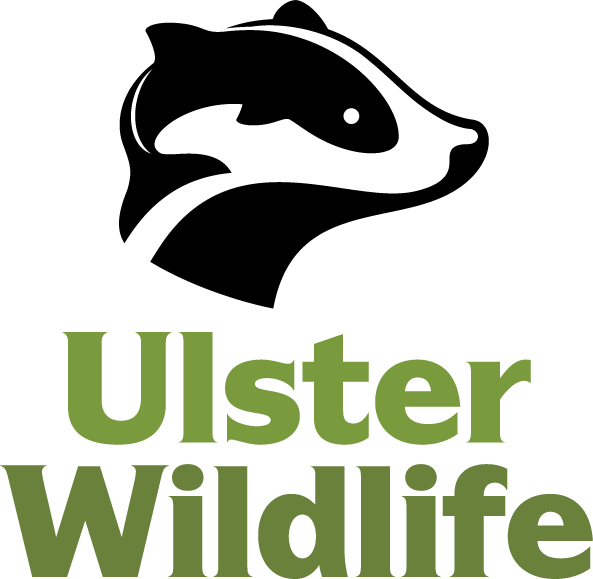The study was carried out by the University of Essex and found:
- 95% of participants who were identified as having poor levels of mental health at the start, reported an improvement in 6 weeks, which increased further over 12 weeks
- The mental wellbeing of more than two-thirds (69%) of all participants had improved after just 6 weeks.
- Improvements were greatest for people new to volunteering with The Wildlife Trusts and those who had poor levels of mental health at the start.
- Participants also reported significantly enhanced feelings of positivity, increased general health and pro-environmental behaviour, higher levels of physical activity and more contact with greenspace.
The study The Health and Wellbeing Impacts of Volunteering with The Wildlife Trusts was the third phase of scientific research carried out by the University of Essex on behalf of The Wildlife Trusts. It assessed changes in 139 participants’ attitudes, behaviour and mental wellbeing over the course of 12 weeks during which they took part in nature conservation volunteering activities. Most of the participants were attending projects because of a health or social need (they may have been suffering with a mental health problem or were cut off from other people resulting in loneliness and inactivity).
Dominic Higgins, Nature and Wellbeing Manager at The Wildlife Trusts says: “The results of this structured research project make a powerful case for nature having a larger role in people’s everyday lives.
The evidence is loud and clear – volunteering in wild places while being supported by Wildlife Trust staff has a clear impact on people’s health; it makes people feel better, happier and more connected to other people.
Participants also reported increases in their sense of connection to nature. The Department of Health should take note – our findings could help reduce the current burden on the National Health Service because they illustrate a new model of caring for people that does not rely solely on medication and traditional services.”
While millions of people benefit from The Wildlife Trusts’ wild places and projects every year, nationally the Trust also works with over 40,000 active nature volunteers across the UK. The earlier, second, phase of Essex University’s research assessed the multitude of schemes being delivered across the Trusts and how wildlife-rich places improve mood, reduce social isolation and make a significant contribution to the nation’s health and well-being.
Quotes from Wildlife Trust volunteers who took part in the study:
“I feel more connected to nature and my environment and have developed interests in this area.”
“Since I retired 7 years ago this project has been essential to my well-being – mental and physical.”
“I feel happier in myself.”
“I have a greater appreciation for birds, bees, insects, plants and trees.”
“Made me feel more content and happy about nature than I ever have.”
“It’s restoring my faith in human nature.”
Dominic Higgins continues: “Essex University’s research for The Wildlife Trusts over the last three years shows how positively people are affected by contact with the natural world and how being in wild places makes them happier. Everyone should be able to access wildlife-rich green places – achieving this requires a joined-up approach across government. Those responsible for public health, planning, transport, parks and leisure need to work together to make nature more accessible to people in their everyday lives.”
Dr Mike Rogerson PhD, AFHEA, University of Essex, says: “Our findings across three phases of research have begun to evidence the wealth of health and wellbeing benefits provided through Wildlife Trust activities. The research revealed how volunteering with meaningful, nature and craft-focussed activities may be beneficial to both the general public and individuals with defined needs. More specifically, we found that attendance to Wildlife Trust projects was associated with improvements in a number of important health and wellbeing-related measures. At a time when we are losing count of local and national-level health, wellbeing, loneliness, community, and NHS burden crises, engagement with the Wildlife Trusts’ volunteering activities can provide a much-needed antidote for individuals, local areas and the UK as a whole.”
View the Full Report: The Health and Wellbeing Impacts of Volunteering with The Wildlife Trusts. The appendix on page 31 describes the projects.
